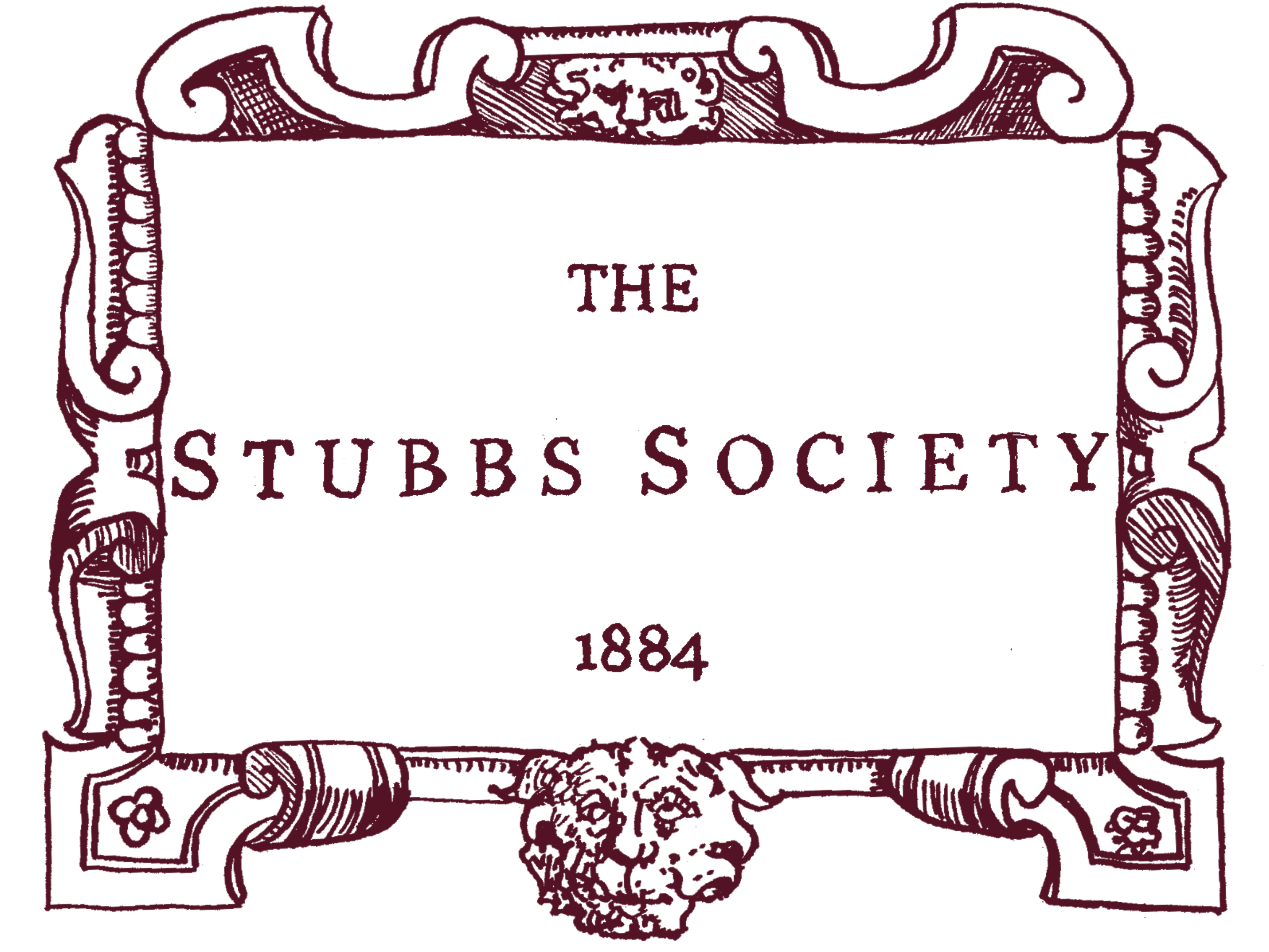The Stubbs Society for Foreign Affairs and Defence is an undergraduate society at the University of Oxford.
Today we live in a world with fewer democracies, where armed conflict is closer to home than it has been in 75 years, and where Britain’s role in international affairs and development has changed dramatically.
We host distinguished speakers from the fields of foreign affairs and defence. As well as speakers, we run seminars, debates, social events, a blog, and an essay prize – The Brearley Essay Prize – for sixth formers.
Members of the Stubbs Society have a unique opportunity to learn from and connect with leaders in this field, as well as a chance to share and develop their own expertise through our seminars, debates, and blog. In the future, we hope to further our international cause by establishing relationships with universities around the world.
In recent years, speakers have included Sir Malcom Rifkind (Foreign Secretary, Defence Secretary), Kate Adie (Chief News Correspondent for BBC News), Sir Mark Sedwill (Head of the Civil Service), Wazhma Frogh (Afghan women’s rights activist), Lord Patten (last Governor of Hong Kong and Chancellor of the University of Oxford), and Ben Ferencz (last living prosecutor at the Nuremberg Trials).
Our History

The ‘Oxford Historical Seminar’ was started in 1882 by the American student Samuel A Brearley Jr. Two years later in 1884, this became the ‘Stubbs Society’, named after the then Regius Professor of Modern History, later Bishop of Oxford, William Stubbs.

The group photo above includes four future Members of Parliament, one future Archbishop of Canterbury (Lord Lang), and multiple future academics.
The early days of the society involved a great deal of insightful debate in sophisticated topics, such as the connection between Lollardism and enemies of the Lancastrians.

Times have certainly changed since 1884 – it was declared in the Society’s constitution that they would raise a toast to the Greek muse Clio with mulled claret before their meetings.
Women were first admitted to the Society in 1939, 30 years before the Oxford Union. Ann Faber was elected President in 1942. One of the earliest woman members was Agnes Headlam-Morley, who later became the Montague Burton Professor of International Relations and the first woman to be appointed a chair at the University of Oxford.

